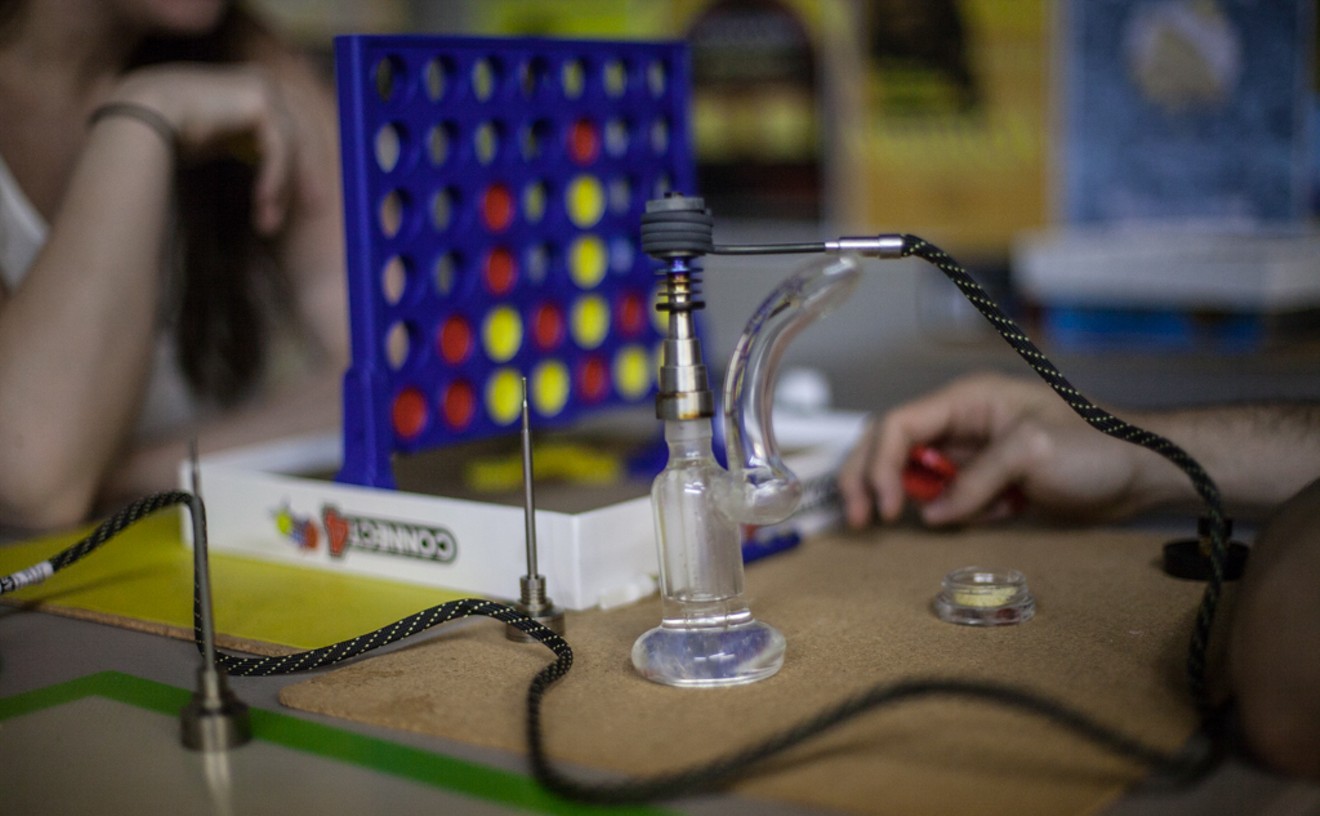Created by Senate Bill 224, a 2019 law that overhauls the state's medical and recreational marijuana regulations, the new licenses are intended to add more diversity to Colorado's cannabis space while providing opportunity to entrepreneurs who don't have traditional training or funding outlets. Also known as micro licenses, the new permits would require the new businesses to use the facilities of established pot companies as they research and create their own cannabis products.
Colorado cannabis regulators and industry members began addressing the upcoming accelerator licenses during a state Marijuana Enforcement Division stakeholder meeting Friday, September 13. But instead of the usual roundtable discussion, the group of cannabis organization leaders, business owners and regulators broke into working groups to discuss issues such as how long the agreements should last between the accelerator and endorsing businesses, how the state could incentivize potential endorsers, and what criteria should qualify the new licensees.
"People from around the world look to us as an example on how to do things right," MED director Jim Burack said during the meeting. "What exactly is this relationship between endorser and accelerator? How do we ensure this business relationship is mutually beneficial?"
Per the new law, applicants would have to be from or living in low-income areas (identified by the Colorado Office of Economic Development and International Trade) for at least five of the past ten years, but could operate outside of the community once the license is issued. The licenses would allow for cultivation, extraction and infused-product manufacturing opportunities, but not dispensary operations.
The new licenses are intended to help spur minority participation in the industry, but skin color or gender won't necessarily define who receives a license, insists Shawn Coleman, a cannabis lobbyist who helped write the language creating the new licenses. Victims of the War on Drugs will, however, receive serious consideration.
"If you're white and you grew up in a trailer and your dad went to jail for ten years for selling meth, I can see why you'd think you'd be fit for this," he said. "This isn't exclusive to any certain group."

MED deputy director Dominique Mendiola leads one of four discussion groups during a stakeholder meeting September 13.
Thomas Mitchell
Connor Lux, founder of cannabis event and co-working space Cultivated Synergy, said collaboration during the early years of legal cannabis led to stolen ideas, techniques and technology in an industry in which securing copyrights or patents is difficult. "Sharing [intellectual property] caused huge issues for some people right off the bat, from them not protecting their IP," he explained.
It's not just the micro-licensee who'd be at risk, according to several cannabis business owners who are considering becoming hosts to new potrenepeurs. "Let's say there's mold or yeast left over [in shared equipment] that affects an accelerator's product. How do we handle that?" asked Allison Robinette, an assistant state attorney general who specializes in Colorado revenue and utilities.
Kayvan Khalatbari, a boardmember of the Minority Cannabis Business Association and co-founder of cannabis consulting firm Denver Relief, suggested that shared facilities adopt similar rules to commissary kitchens, where multiple food producers use the same facility at different times.
The new law already requires MED approval of any new micro licenses, but Khalatbari suggested the MED monitor the micro license relationships.
"If I'm an endorsement holder, I don't want to get sued because someone used my equipment incorrectly.... Someone should be available to manage these relationships," he said, adding that Colorado's seed-to-sale tracking technology mandated by the MED would help show missteps.
Perhaps the most important challenge to the new license's success rate is getting established cannabis companies to participate. Suggestions to entice them included reducing licensing fees, launching certain excise-tax credits and giving priority designation for licensing transfers and updates. However, the larger potential endorsers who are already set financially would likely want the accolades the most, according to Andrew Livingston, director of economics and research for cannabis law firm Vicente Sederberg.
"For some of the bigger businesses, [decreased] license fees won't be as big of an impact," he said, explaining that some sort of good-actor seal of approval could help participants further connect with their communities as well as their chances of earning licenses in other states with legal pot industries.
The final rulemaking hearings will take place through September 20. According to the bill's drafters and several stakeholders at the meeting, further legislation to update the license program and address the finer details is likely.












